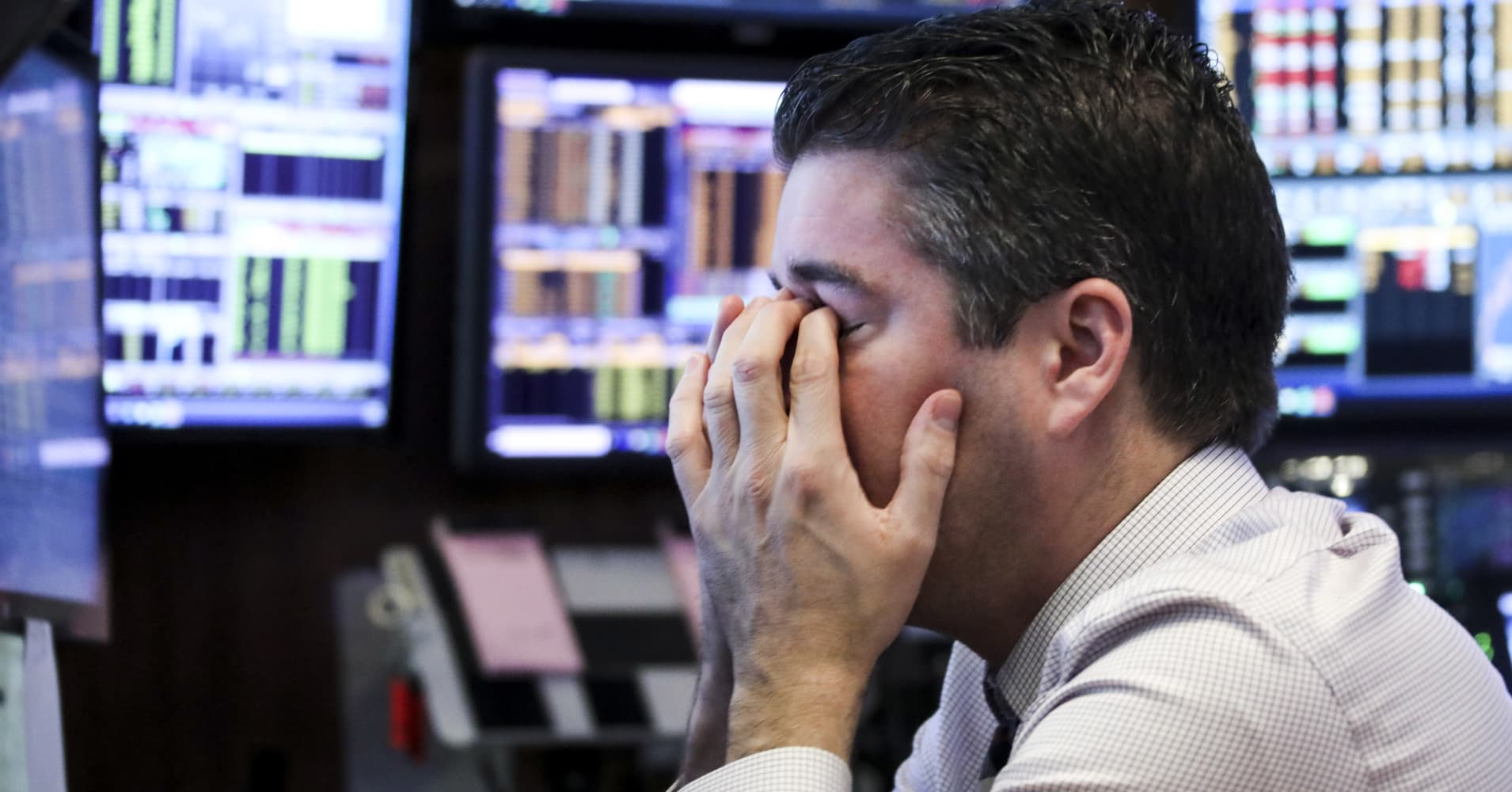
Nervous investors beware: If you're seeking some shelter from market volatility, fleeing stocks for cash could put a dent in your long-term savings goals.
With that said, worried investors may decide to "go to cash." So, what exactly does that entail?
A cash investment is basically a short-term obligation, usually about 90 days. It provides a return in the form of interest payments. Cash investments generally offer a low return compared to other investments. They are also associated with very low levels of risk and are often Federal Deposit Insurance Corp-insured.
Financial experts urge investors not to act without a plan. Advisors say you should not change your current investment strategy if it was well thought out to begin with.
Of course, the market roller coaster ride may have investors thinking of some safe havens. The Dow Jones Industrial Average fell by more than 400 points Thursday afternoon.
The shakeup among major market indexes came the day after the Federal Reserve raised its target range for the federal funds rate to 2.25 percent to 2.5 percent — which is a boon for interest-bearing savings accounts and other cash-type investments.
At the moment, savings accounts have an average interest rate of 0.1 percent, while high-yielding online savings accounts are offering rates as high as 2.25 percent, according to Bankrate.com.
Think twice before dumping your volatile stock holdings for the steadiness of cash.
"In its most extreme sense, 'going to cash' means getting out of all your investments other than cash, be they stocks, bonds mutual funds and ETFs," said David Mendels, a certified financial planner and director of planning at Creative Financial Concepts in New York.
"The disadvantage is that, in the long term, cash generally loses value," he said.
Here's what you should know before you flee to safety.
Cash investors have a range of choices, from savings accounts to certificates of deposit. A two-year CD is offering an average interest rate of about 0.94 percent, according to Bankrate.com.
Bank CDs, money market deposit accounts and savings accounts are subject to protection from the FDIC of up to $250,000 per depositor per insured bank for each account.
Money market funds, which have been enjoying higher yields in recent months, aren't protected by the FDIC. See below for a chart of yields over the last 10 years.
"Money market funds are a great temporary parking place for money you may want to put back into the market at a moment's notice," said Greg McBride, chief financial analyst at Bankrate.com.
Investors, particularly retirees, are on their guard amid the market downturn, but nobody is bailing out of stocks altogether, according to financial advisors.
Instead, advisors are recommending that clients pad their cash reserves so that they have enough liquidity to get them through an extended period of falling markets.
This way, they avoid selling off large portions of their portfolio when stock prices are plummeting.
Those who are retired or preparing to leave the workplace ought to maintain nine to 12 months' worth of retirement income in cash to ride out volatility, said Benjamin Brandt, certified financial planner and founder of Capital City Wealth Management in Bismarck, North Dakota.
He warned against selling out of stocks entirely.
"Your purchasing power is being eroded constantly, and the best place to be is in the market with low-cost funds," Brandt said.
Some risk-averse clients are also shoring up their cash by hoarding the dividend payments they've received from their stocks instead of reinvesting the money back into the market, said James A. Cox, managing partner of Harris Financial Group in Richmond, Virginia.
Resist the urge to compare today's market volatility to the broad downturn that kicked off a decade ago.
"Back in 2008, you had banks failing, major institutions with lines out the door and people worried about deposits," said Cox. "Those are very legitimate reasons to want to sell your assets and sit in cash, but those conditions aren't present today."
Nevertheless, now might be a good time to do a gut check of your risk tolerance and your goals before you flee to cash.
"What's the likelihood that you will need your whole portfolio in 10 years?" asked Brandt. "Why do we need growth over time?
"You should have a whole spectrum of risk in your portfolio, from international stocks and small cap growth funds to cash and treasuries," he said.
More from Personal Finance
You could be up against a deadline that will trigger a big tax penalty
What the Fed rate hike means for you
How Powerball and Mega Millions winners will fare under the new tax law
No comments:
Post a Comment